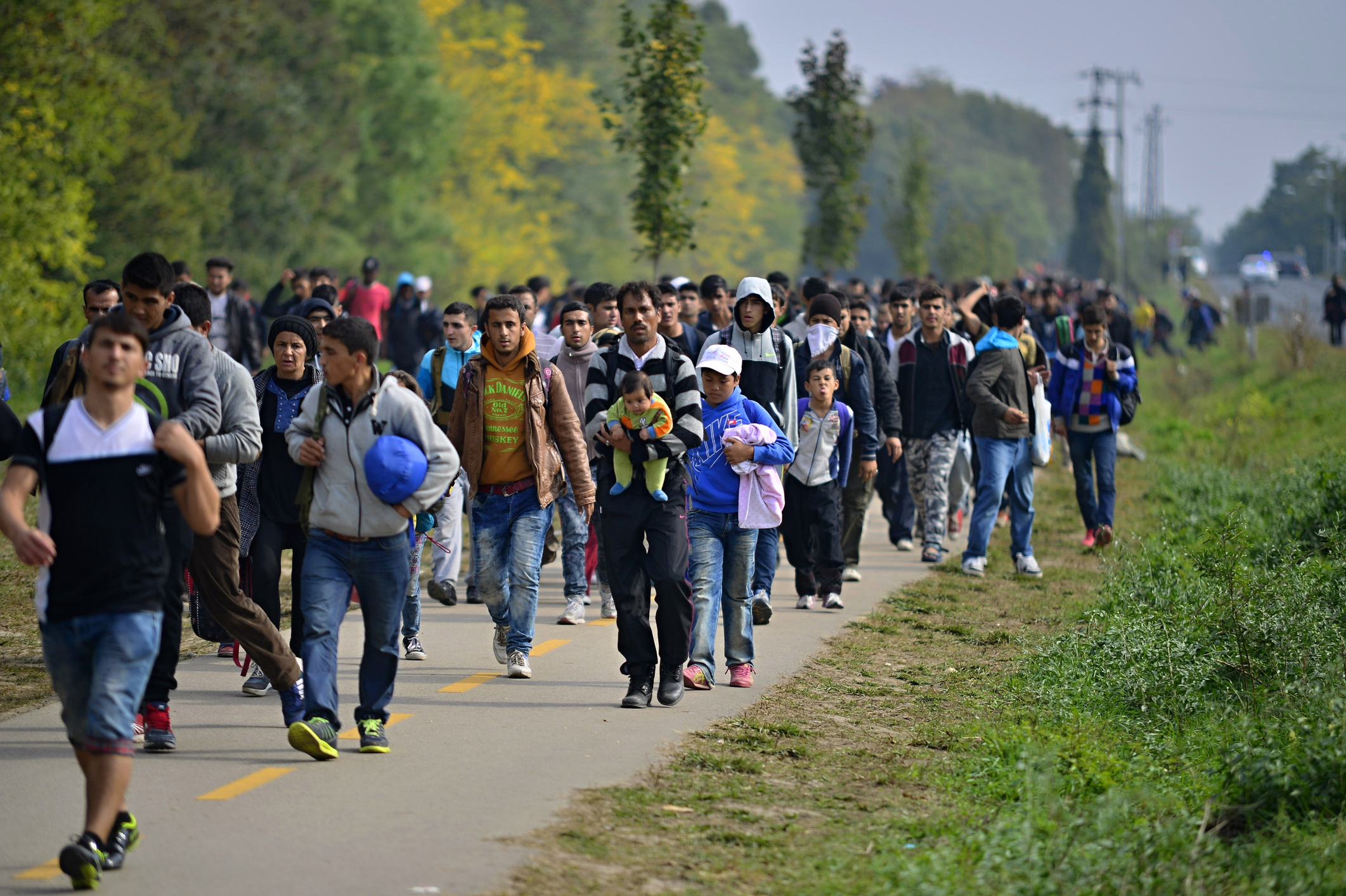
The recent European Union parliamentary elections have marked a significant shift in the
political landscape, characterized by a substantial surge in far-right parties across the
continent. This development raises serious concerns about the future of migrants in Europe, as these parties are known for their stringent stances on immigration, advocating for tighter
border controls and more restrictive asylum policies. The election results saw parties like
France's National Rally, Germany's Alternative for Germany (AfD), Italy's Brothers of Italy, and Hungary's Fidesz increase their parliamentary representation considerably. For instance, the National Rally secured around 29% of the vote in France, becoming one of the largest single parties in the European Parliament, while the AfD captured approximately 25% in Germany.
The Rise of Far-Right Parties
Several factors have driven the rise of far-right parties in Europe. Economic insecurity plays
a significant role, as many voters attribute job competition and strain on public services to
the influx of migrants. Additionally, cultural identity concerns have fueled support for these
parties, with many Europeans fearing that immigration threatens their national heritage and values. Security concerns, particularly fears of terrorism and crime often linked to
immigrants in political rhetoric, have also bolstered far-right support. Furthermore, political
disillusionment with traditional centrist parties, perceived as ineffective in addressing these
issues, has driven voters towards more radical alternatives. Impact on Migration Policies
The ascent of far-right parties is likely to lead to more restrictive migration policies across
the EU. These policies could include increased funding for border control agencies like
Frontex, stricter criteria for granting asylum, reduced funding for integration programs, and
the reintroduction of internal border checks within the Schengen Area. These measures will
have far-reaching social and economic consequences. For instance, many EU countriesdepend on migrant labor for sectors like agriculture, healthcare, and construction. Stricter immigration policies could result in labor shortages and increased costs for these industries.
Social and Economic Consequences
Stricter immigration policies by far-right parties in Europe will have notable social and
economic consequences. Many EU countries depend on migrant labor in agriculture,
healthcare, and construction, and limiting immigration could cause labor shortages and
increased costs, impacting productivity and the economy. Heightened anti-immigrant rhetoric may exacerbate social tensions, leading to more
xenophobia and hate crimes, hindering integration, and damaging social cohesion. Europe’s
demographic challenges, such as an aging population and low birth rates, could worsen with reduced migration, shrinking the workforce and straining social security systems
Moreover, stricter policies raise human rights concerns, with potential violations from
increased deportations and poor detention conditions. These complex issues underscore
the need for a balanced and humane approach to migration in Europe.
Case Studies
France, Italy, and Germany offer pertinent case studies of how far-right victories might
shape national policies and attitudes towards migrants. In France, the National Rally has
promised to drastically reduce immigration and prioritize French nationals in social services
and employment. These policies could lead to a significant reduction in the number of
migrants accepted into France, straining relationships with EU partners committed to more
liberal immigration policies. In Italy, the Brothers of Italy have capitalized on public
frustration with the influx of migrants across the Mediterranean, proposing measures such
as a naval blockade to prevent migrant boats from reaching Italian shores and pledging to
deport illegal migrants more aggressively. These measures are likely to strain Italy's
relations with NGOs and international organizations focused on migrant rescue operations in the Mediterranean. In Germany, the AfD’s success signals a backlash against the
government's relatively liberal immigration policies. The party advocates for a halt to asylum applications and stricter vetting of immigrants, which could lead to significant reductions in refugee resettlement programs and increased internal security measures, including more extensive use of surveillance and detention facilities for undocumented migrants.
EU-Level Implications
At the EU level, the rise of far-right parties will influence the overall policy framework on
migration and asylum. The new composition of the European Parliament, with increased
representation from far-right parties, is likely to push for more restrictive measures across
the union. This could include revisions to the Dublin Regulation, placing greater
responsibility on frontline states where migrants first enter the EU, leading to potential
conflicts within the union. Additionally, there could be funding cuts for humanitarian
programs aimed at supporting migrants and refugees both within Europe and in neighboring regions. The principle of solidarity that underpins EU policies might be undermined by increased nationalism and unilateral actions by member states, leading to fragmentation and reduced cooperation on migration issues.
The surge of far-right parties in the recent EU elections represents a critical juncture for
Europe's approach to migration. As these parties push for more restrictive policies, the social, economic, and political fabric of the EU will face significant challenges. Balancing the need for security, economic stability, and the protection of human rights will be crucial as the EU navigates these shifts. The future of migrants in Europe hangs in the balance,
dependent on the political will and policy decisions of the newly empowered far-right
factions. This shift could potentially redefine Europe's identity and values, impacting not only migrants but also the broader European society and its cohesion.
